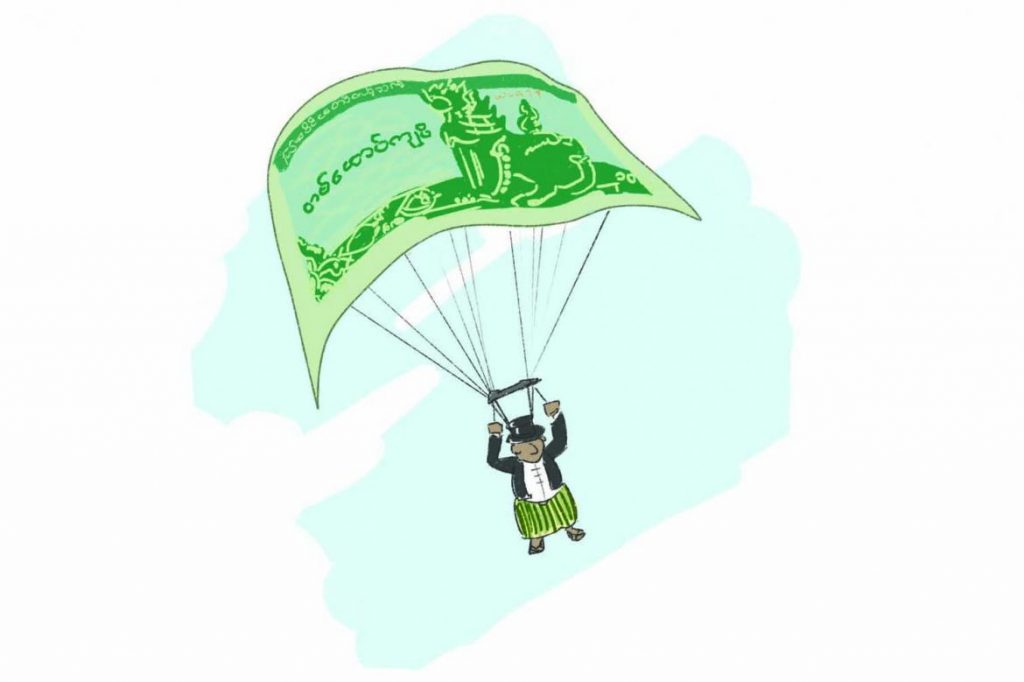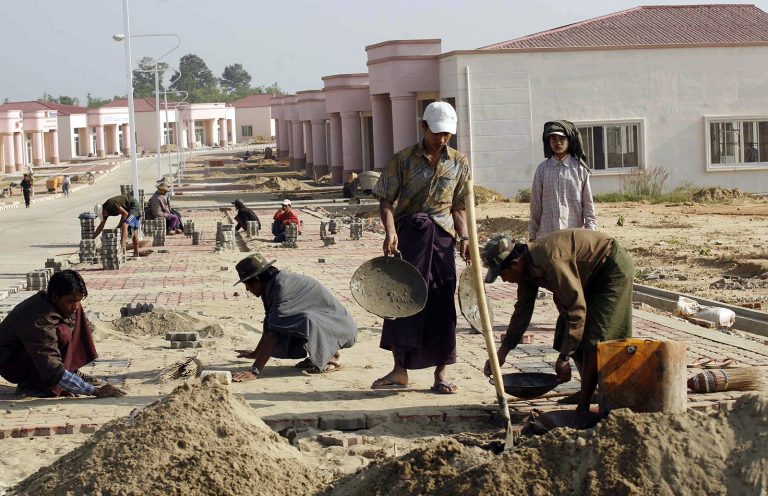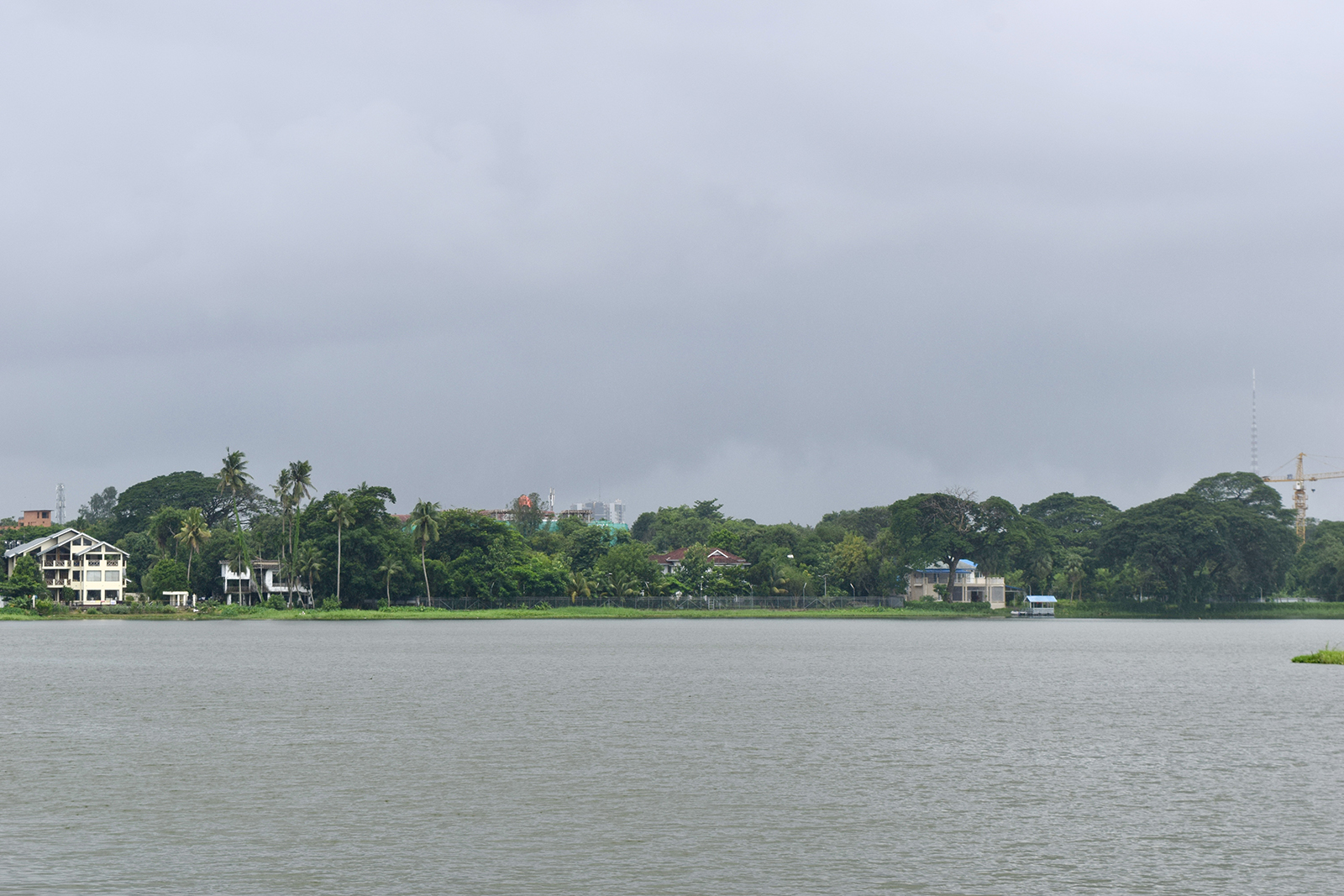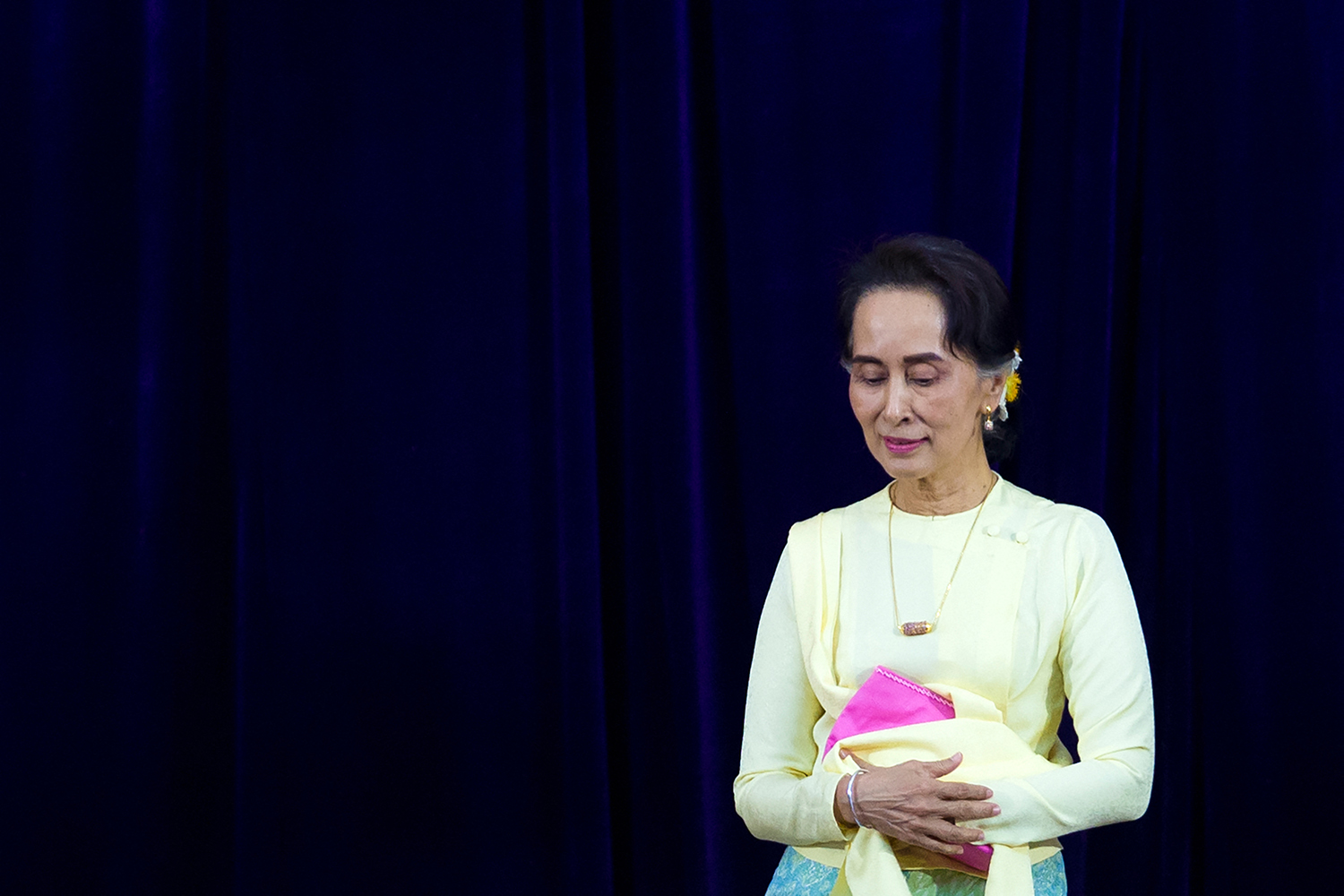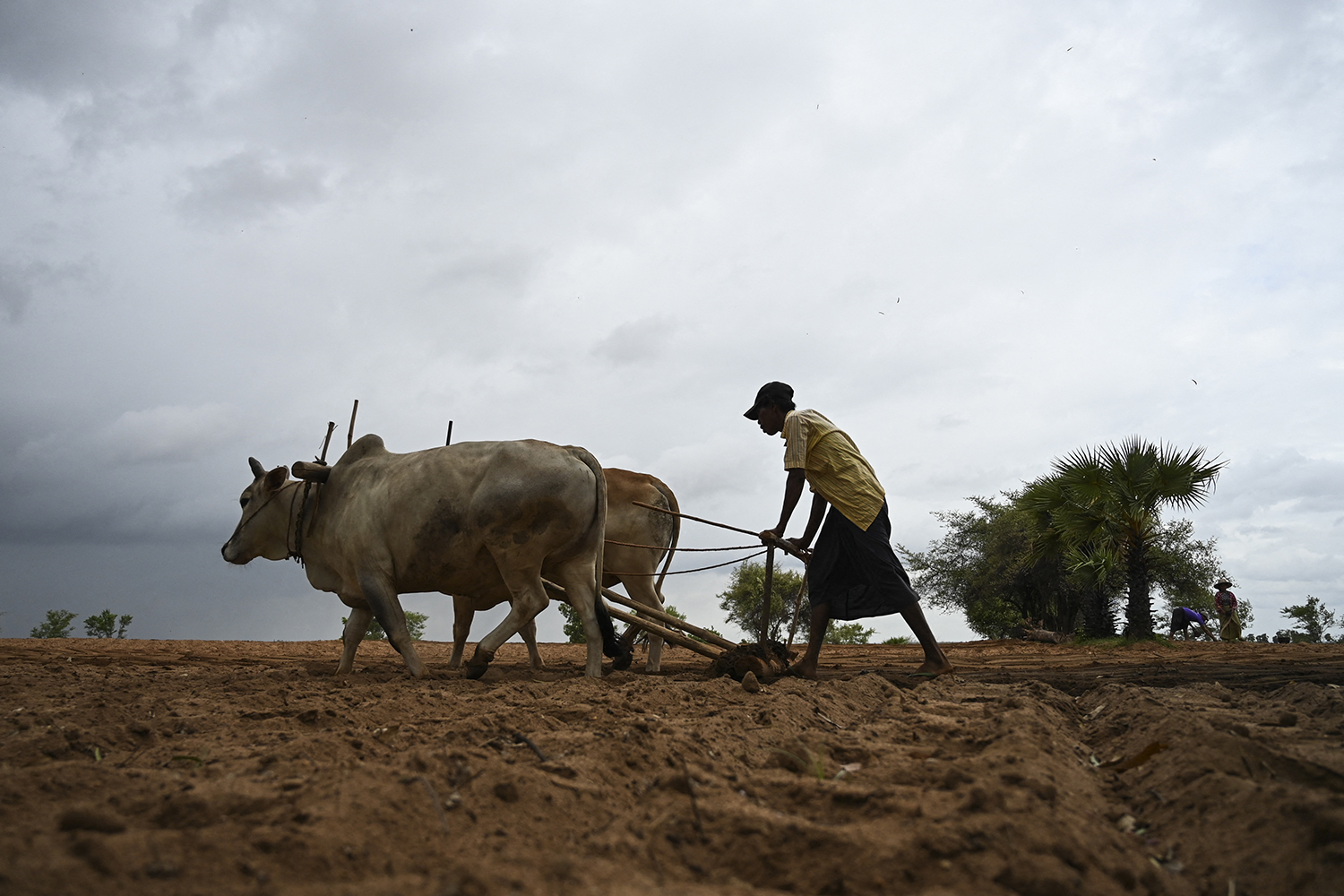When you have to tell people not to panic – well, that’s when you really have a problem.
Unfortunately for the Central Bank of Myanmar, that’s the position in which it finds itself. Its insistence in a September 2 statement “that there is no necessity for the public to be concerned about the banking sector” has only created further jitters, with anecdotal reports of long lines to withdraw money and gold prices spiking. If the Central Bank feels the need to reassure people, then the situation must really be bad – or so the thinking goes.
The problems in the banking and real estate sectors are not new. But the difficulties private banks are facing in order to comply with prudential regulations introduced in July 2017 have until now been largely kept under wraps. The key issue is the restructuring of overdrafts into term loans, and whether those loans are to be classified as non-performing.
Now some of the problems are being brought out into the open, as a result of recent comments by Zaykabar chairman U Khin Shwe and Central Bank deputy governor U Soe Thein.
Many in the construction industry are struggling to pay back overdrafts taken from private banks. Through the newly formed Myanmar Business Association, Khin Shwe and other property tycoons are lobbying hard for a relaxation of the timelines for implementing the 2017 prudential regulations, because they hope it will give them more time to pay back overdrafts. Under the regulations, the banks are supposed to reduce overdrafts as a proportion of total loans to 20 percent by July next year.
Less discussed is that businesses are also pushing for a tax amnesty that they hope will encourage a flood of money back into the property market, which has been struggling since 2015. Despite refusing a similar proposal last year, the government is seemingly on board with the plan, having included the amnesty in its tax bill for 2019-20.
Support more independent journalism like this. Sign up to be a Frontier member.
The amnesty is actually a reduction in the penalty that is levied when the buyer of a major asset, such as a piece of land, cannot show the source of the funds.
At the moment, if you can’t show you’ve paid tax, you are penalised 10 percent for purchases under K30 million, 20pc for those between K30 million and K100 million, and 30pc for those above K100 million.
In its tax bill for 2019-20, the Ministry of Planning and Finance has proposed reducing the penalty to 3pc for purchases under K100 million, 5pc for K100 million to K300 million, 10pc for the K300 million to K3 billion band and 30pc for anything above K3 billion. At the time of writing the amnesty had not yet been debated by lawmakers,
A similar amnesty was put forward in March 2018 but scrapped at the last minute due to concerns over fairness and money laundering. This year’s proposal is less generous than the one put forward last year, but still does not address concerns around money laundering.
Let’s not forget that Myanmar is already at risk of being placed on the “grey list” of the Financial Action Task Force, a Paris-based intergovernment organisation that fights money laundering and terrorist financing.
In October 2018, the Asia-Pacific Group on Money Laundering (APG) – the FATF-style body for the Asia-Pacific – found that Myanmar needed to make “major improvements” in a range of areas to avoid being placed on the grey list.
Those improvements have so far failed to materialise. Last month, the APG released a follow-up report in which it reassessed progress against 10 of the 40 recommendations at Myanmar’s request. In only two areas did it find sufficient progress to justify changing its earlier rating.
Myanmar is undergoing an observation period and could be placed back onto the grey list next year.
Given the lack of a progress, a tax amnesty that encourages those with undeclared income to put it into the property sector is not going to be viewed favourably.
The risks of proceeds of crime finding their way into the property market are very real. When the Central Body on Anti-Money Laundering compiled a National Risk Assessment last year, it estimated proceeds of crime in Myanmar to be US$15 billion a year – equivalent to a quarter of the country’s GDP. Tax and excise evasion itself is big business, accounting for around $3 billion a year.
Going back onto the grey list will not just be bad for Myanmar’s image. It will have a material effect on the economy, making it harder for foreign financial institutions – and foreign companies in general – to do business here.
That doesn’t mean the banks and their debtors should be left to sort it out themselves; Myanmar needs a pathway to banking stability.
What it doesn’t need, though, is a cheap fix to bail out heavily indebted property tycoons.


